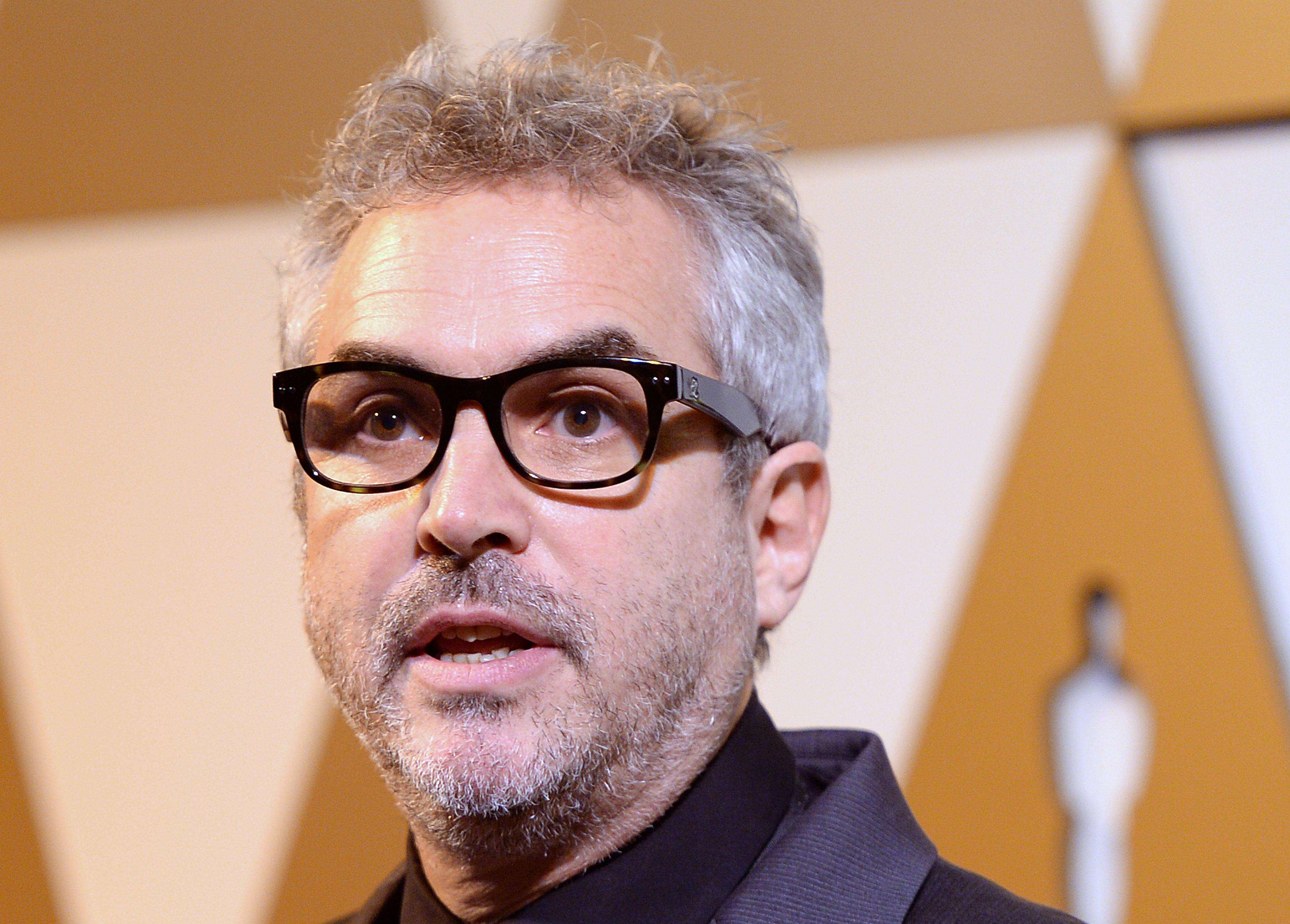Last week, directors Alfonso Cuarón, Guillermo del Toro, Alejandro González Iñárritu—the so-called “Three Amigos”—spoke out about the missing Mexican students from Ayotzinapa and the situation currently unfolding in Mexico. Separately, actor Gael García Bernal discussed Ayotzinapa on the red carpet at the premiere of his new movie. You might be inclined to ignore what they have to say—or even to dismiss their comments as worthless posturing. But that would be a mistake. Their remarks are part of a larger and dramatic shift in Mexican politics brought on by these horrific events.
On Sept. 26, 43 students from the Normal University of Ayotzinapa went missing in rural town of Iguala in the state of Guerrero in southwest Mexico after the mayor of the town and his wife ordered the police to capture and deliver them to the local drug gang, Guerreros Unidos. The government has barely acknowledged the crisis while protests have raged throughout Mexico. At the Rosewater premiere in New York, García Bernal was interviewed by Dena Takruri from Al Jazeera, and their conversation took a sharp turn from the usual celebrity tone to one of mourning and indignation. “This is a farce,” he said. “What happened there is much more important than anything we’re doing here … There’s a big crisis of power going on right now. ”
Cuarón, meanwhile, was the honoree at the Museum of Modern Art’s annual film benefit in New York, which he attended with his son Jonás and with del Toro. They read statements co-signed by Iñárritu demanding justice and attention for the Ayotzinapa students and the corruption their massacre represents. “How can you go back to film when something like this is happening in the country right next door?” Cuarón said at the event. “This transcends a local problem and evidences a systemic problem, one of apathy and ineptitude from the authorities at best, and a coalition at worst.”
Cuarón is known largely as a director first, and Mexican later. With the notable exception of Y Tu Mamá También, his most celebrated films—Little Princess, Great Expectations, Children of Men, Gravity—are not stories of Mexico, and only Children of Men might be described as political. But the tragedy of Ayotzinapa has stirred political activism in many different segments of Mexican society, and the statements from Cuarón and his Hollywood compatriots are a testament to that. It would be a mistake to conflate their comments with the stereotype of celebrity politics—this is not Bono saving Africa, this is four Mexicans who have had great success elsewhere drawing attention to their troubled native land.
And Cuarón seemed entirely aware that they were in no position to save Mexico themselves, and that, rather, they wanted to register their feelings as part of a much broader change. “My voice is highly irrelevant,” Cuarón said. “The relevant voice is that of an entire society that has spoken up and has done so very firmly.”
Today a national strike and massive protests are scheduled to take place in at least 115 cities across Mexico. The date is symbolic: Nov. 20th marks the anniversary of the Mexican Revolution of 1910; every year the President attends parades and celebrations in Mexico City’s main square, the Zocalo. This year, though, the celebrations have been cancelled, and Peña Nieto has warned that he will use force against violent protests seeking to destabilize the nation and his administration. Though the protests are planned as peaceful, recent isolated outbursts, like the burning of the door of the National Palace, have the public, the media, and the authorities on high alert.
